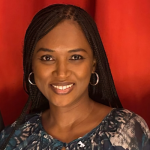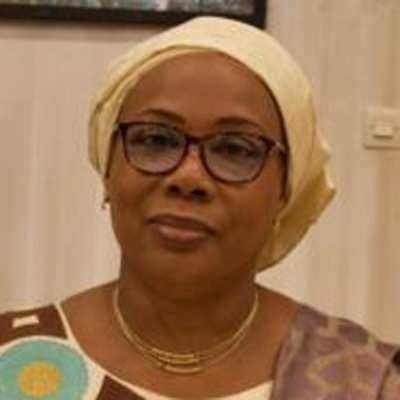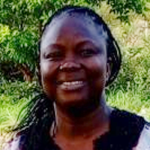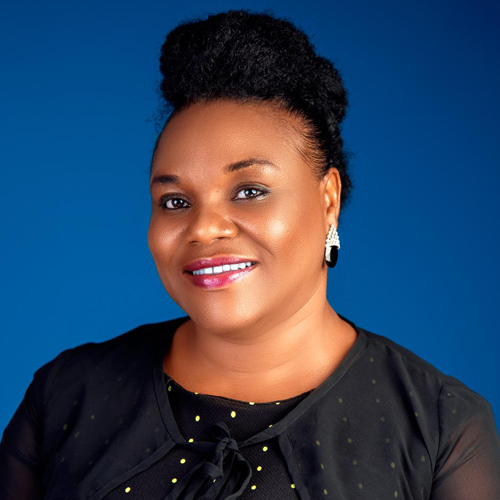
In sub-Saharan Africa, particularly in the Great Green Wall countries, women provide the essential labour force and are central to food systems. Women, including rural dwellers, play an important role in agro-sylvo-pastoral production, thus sustaining livelihoods and socioeconomic development in the region. Despite the adverse effects of climate change, and the gendered challenges they encounter in securing access to and control over productive resources, public leadership and assets, women still operate in various fields related to land restoration, agroforestry value chain entrepreneurship, climate activism and green business. They represent the building block of development programmes such as the Great Green Wall (GGW) Initiative being implemented in the Sahel and the Horn of Africa. Recognizing their huge potential, the Pan-African Agency of the Great Green Wall (PA/GGW) has launched the Women’s Green Platform to further harness women’s contributions to the initiative. National agencies for the GGW are also setting up coalitions to improve civil society organizations’ participation. However, challenges remain in the operationalization of these platforms, and in ensuring effective participation of other women’s and youth organizations in the GGW Initiative.
The objective of the webinar is to highlight the critical role of women in the environment sector, and discuss how their potential can be unlocked and mobilized for the realization of the GGW Initiative.
The webinar is part of a series of virtual engagements within the framework of the Knowledge for Great Green Wall Action (K4GGWA) programme.
The K4GGWA programme is funded by the European Union and implemented by the Center for International Forestry Research and World Agroforestry (CIFOR-ICRAF) and the Food and Agriculture Organization (FAO). It aims to enable sustainable land management and livelihoods in support of the Great Green Wall Initiative and to accelerate progress towards its objectives.
The webinar will showcase impactful women’s success stories in land restoration, activism and green businesses through keynotes, videos and a high-level panel discussion. Beyond networking and cross-learning, the webinar is expected to raise the profile and concerns of women in the GGW, and influence the African Union, GGW officials, decision makers, donors and development practitioners towards better collaboration in, financing of, and support for women-led initiatives, particularly those involving rural women.





















